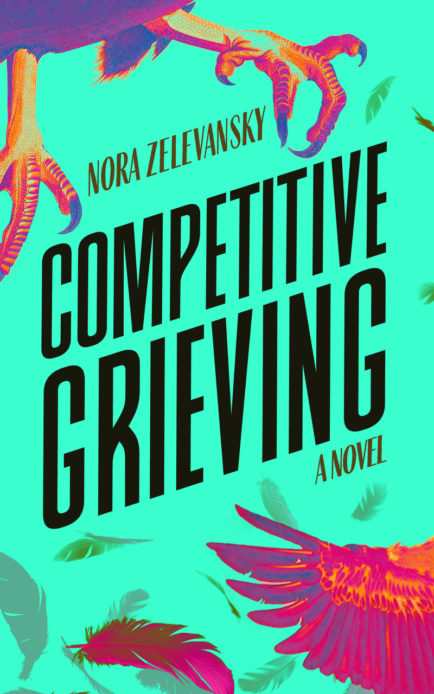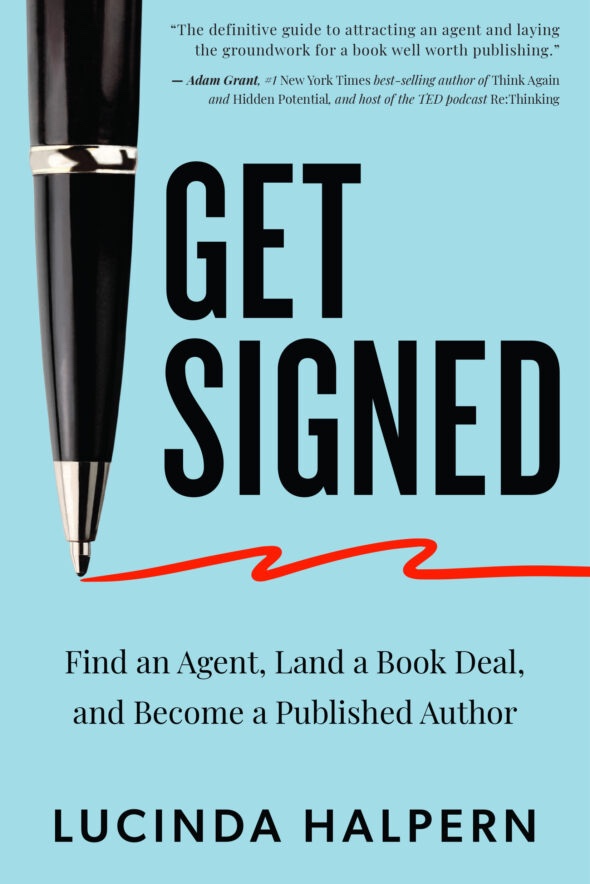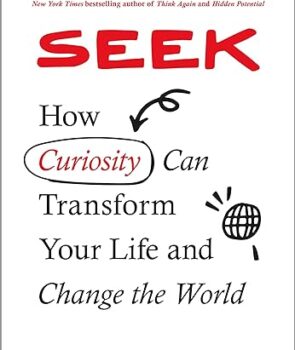Search
Publishing Success Spotlight Series: An Interview with Nora Zelevansky on Competitive Grieving
 Recently, Lucinda spoke with a friend and client, Nora Zelevansky, who we represent for nonfiction writing collaborations and ghostwriting. Nora is the author of the newly released Competitive Grieving, a humorous yet touching novel about the chaotic aftermath of death, and the universal struggle to grieve. It couldn’t come at a better time.
Recently, Lucinda spoke with a friend and client, Nora Zelevansky, who we represent for nonfiction writing collaborations and ghostwriting. Nora is the author of the newly released Competitive Grieving, a humorous yet touching novel about the chaotic aftermath of death, and the universal struggle to grieve. It couldn’t come at a better time.
As she spoke with Nora about her experience working with her publisher, finding the right agent, and marketing strategies for her book, we knew we’d want to share this interview with our community. Here’s an excerpt of the interview—and you can watch the full video here.
Lucinda Halpern: How did you then realize the impossible (the dream that so many of our audience members aspire toward) of becoming a published novelist?
Nora Zelevansky: You know, I’d spent years and years honing my voice in all these different ways. But I was feeling a little bit hemmed in and frustrated by the confines of magazine writing and newspaper writing. Your voice has to be very specific and your editor is telling you, to an extent, really what they want your writing to be. I was craving more freedom, so I decided on a whim to participate in NaNoWriMo (National Novel Writing Month), which for those who don’t know, is in the month of November. It’s basically a community and a movement where you sign on and you write around 1,600 or 1,677 words a day for a month, and you’re not allowed to go back and you’re not allowed to edit.
The idea is really to get you out of your own way so that you don’t stop or decide halfway through that you don’t like what you’re doing and just not do it anymore. I did it, and I really loved the process of doing it. I actually wrote an idea based solely on a dream I had had on a trip to the Caribbean, about a specific character. At the end, I had a total mess of a draft, you can imagine, but I felt like I had something. I edited and edited and edited, which for me is much less stressful than writing, and soon I started sending it out to agents. I managed to get an agent and eventually a publisher, so that was the beginning.
Lucinda: Incredible. Of course, that was a different era of publishing. I’m sure you’ve witnessed alongside me all of the changes that have happened. We’d love to know more about your experience on submission with Competitive Grieving. How did you wind up with your current publisher, Blackstone Publishing?
Nora: The submission process was interesting because my fiction agent and I had a lot of really positive feedback on it. But as you know, the publishing industry has pretty narrow confines for how they define genre. I have consistently had some issues with straddling genres, and in this case, it kept being that an editor really responded to [the book] and fell for it, but then somebody else in the publishing house was like, “But it’s about death, and it’s funny, and it’s a romance… who is this reader?”
Lucinda: You bring up two really valuable points for our audience. The first is, when you’re querying agents, it’s so important to have a fit with not only the titles that they represent, but that you share their vision and that they have enthusiasm. The second thing you mentioned about the narrow confines of publishing is so true: a book has to sit on such a narrow shelf these days. We say in the industry, “if you’re a book for everyone, you’re a book for no one,” so think about the singular reader that you speak to. At the same time, the most innovative books that we all know and love somehow defy genres and crossover between them. You want an agent and publisher who see all of that potential.
Let’s talk about the transition from writing your book to marketing your book. How has that been, and are there any best strategies, or maybe you’re still enjoying learning about them?
Nora: It’s been a really different experience working with a smaller publisher. You know, there’s pros and cons to both. It’s been nice since [Blackstone doesn’t] have as many titles, so they can prioritize you. In the transition to marketing, I think I’m fortunate because of my freelance journalism background. I’m really accustomed to pitching and, by that, I don’t mean that I’m accustomed to writing what is essentially a pitch or query, but that I’m accustomed to the idea of a hook: trying to find an angle that makes sense for the publication, and also for the timing of the book. It’s always a little trickier with fiction than it is with nonfiction. With nonfiction, generally you have a topical issue. Competitive Grieving presents a topical issue because there’s been so much loss in the world lately. We’re all grappling with this moment of grief and loss. My hope is that the book can offer some commiseration and a sense of hope and some kind of support in that space.
 Nora Zelevansky is the author of novels Competitive Grieving, Will You Won’t You Want Me? and Semi-Charmed Life. Her writing has appeared in The New York Times, ELLE, Town & Country, the Los Angeles Times, The Wall Street Journal and Vanity Fair, among others. She lives in Brooklyn with her husband, two kids and enormous cat, Waldo.
Nora Zelevansky is the author of novels Competitive Grieving, Will You Won’t You Want Me? and Semi-Charmed Life. Her writing has appeared in The New York Times, ELLE, Town & Country, the Los Angeles Times, The Wall Street Journal and Vanity Fair, among others. She lives in Brooklyn with her husband, two kids and enormous cat, Waldo.
Follow Nora on Instagram, Twitter, and Facebook.
Purchase your copy of Competitive Grieving now.
If you’re just starting out, explore our beginner resources on Get Signed








